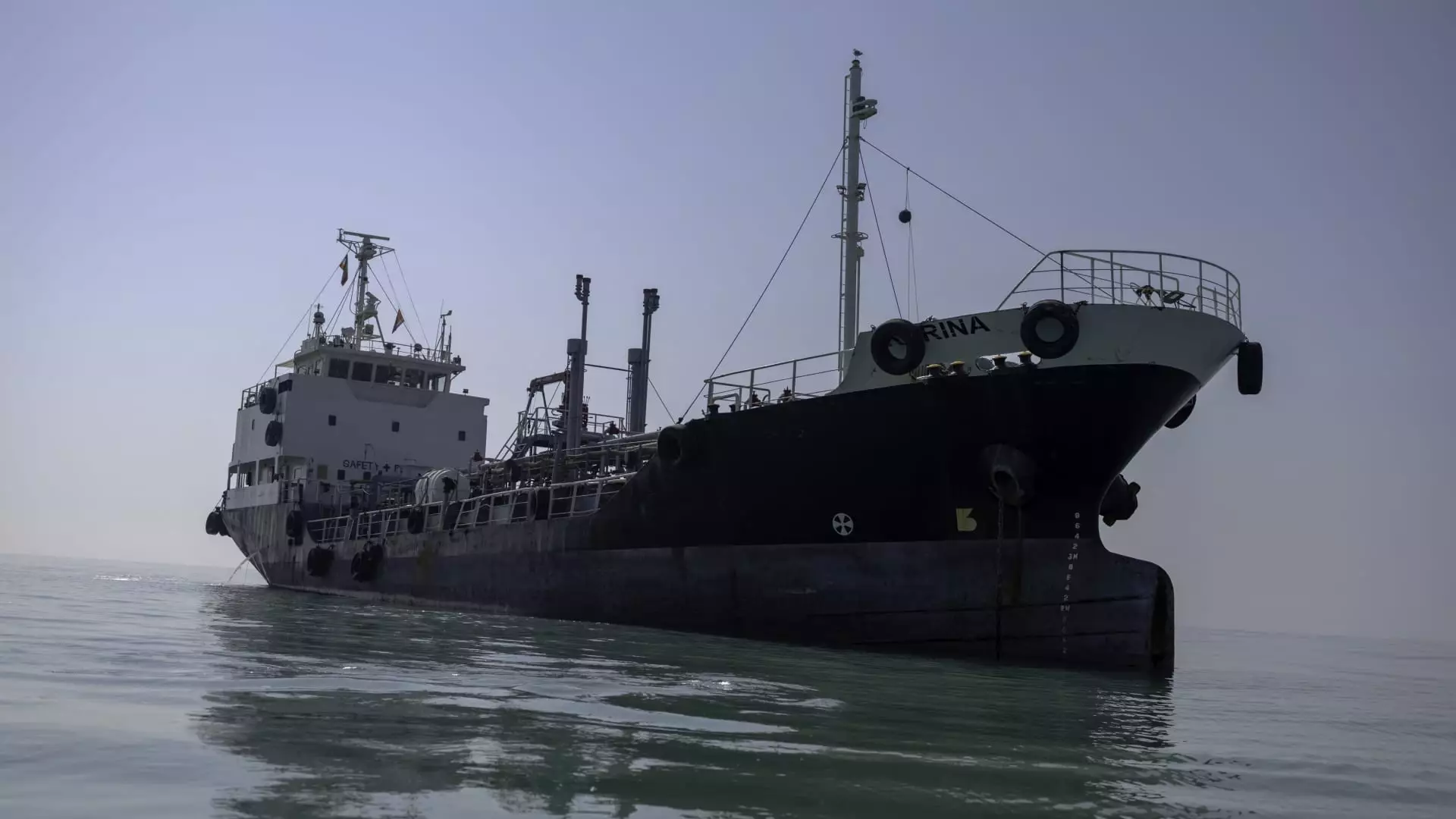The ongoing conflict between Israel and Iran has sent shockwaves through the maritime insurance sector, rapidly inflating premiums and raising alarms about the security of vital shipping lanes. This is not merely a ripple in a pond; it’s a full-blown tsunami. Insurers are now quoting rates as high as 0.2% of a ship’s value for transit through the perilous Persian Gulf, up from 0.125% prior to Israel’s unexpected military action against Iran. Instead of fostering stability, these rising costs underscore a deteriorating security landscape, reflecting the very real fears held by stakeholders in an increasingly unstable region.
Maritime insurance policies, critical to the global shipping industry, are adjusting at breakneck speed. Coverage for Israeli ports, a crucial hub for international trade, has skyrocketed to an alarming 0.7%. Such dramatic price increases don’t merely reflect risk; they signal an urgent shift in the industry’s perception of the region’s volatility. Moreover, the halving of the validity of insurance quotes from 48 hours to a mere 24 indicates an environment riddled with uncertainty, compelling operators to reassess their exposure to risk at an unprecedented pace.
The Airlines of the Seas: Fear-Induced Changes in Navigation
In a twist of irony, the Strait of Hormuz, often hailed as a lifeline for oil transport, is becoming a no-go zone for many shipping fleets. The recent actions of shipowners steering clear of this strategic waterway underscore the gravity of the situation. Jakob Larsen, head of security at Bimco, a prominent shipping association, has noted a “modest drop” in vessels navigating these crucial waters. The implications are staggering; an interruption in oil transport through Hormuz could jolt global energy prices, which are already in a precarious state.
The fact that tensions can make or break energy prices in mere moments exposes how intertwined maritime logistics are with global economic health. As concerns mount regarding the stability of oil supplies, the ripple effects will likely transcend financial markets, impacting consumers worldwide. This scenario exemplifies not just a regional conflict but a broader dilemma, as international stakeholders watch the potential for escalating hostilities with bated breath.
U.S. Intervention: The Unpredictable Variable
The question looming large above the international community is whether the United States will step in to mitigate these tensions. Although some experts argue that the conflict remains contained, the unpredictability of geopolitics makes the situation volatile. The fear of U.S. intervention complicates matters further, adding an extra layer of anxiety for maritime operators and underwriters alike.
Marcus Baker, the global head of marine, cargo, and logistics at Marsh, points out that many are still primarily concerned with facilitating cargo movement through these threatened areas. However, this balancing act is precarious at best. The hope that regional tensions can be managed without further escalation is a thinly veiled dream, and the economic implications could ripple through various sectors, from energy to everyday consumer goods.
As the Israel-Iran conflict continues to unfold, the maritime industry stands at a critical juncture. The price of stability is rising, and with it, the stakes for everyone involved. The delicate equilibrium of international shipping is hanging by a thread, as the world watches and waits for a resolution that feels further out of reach than ever before.

